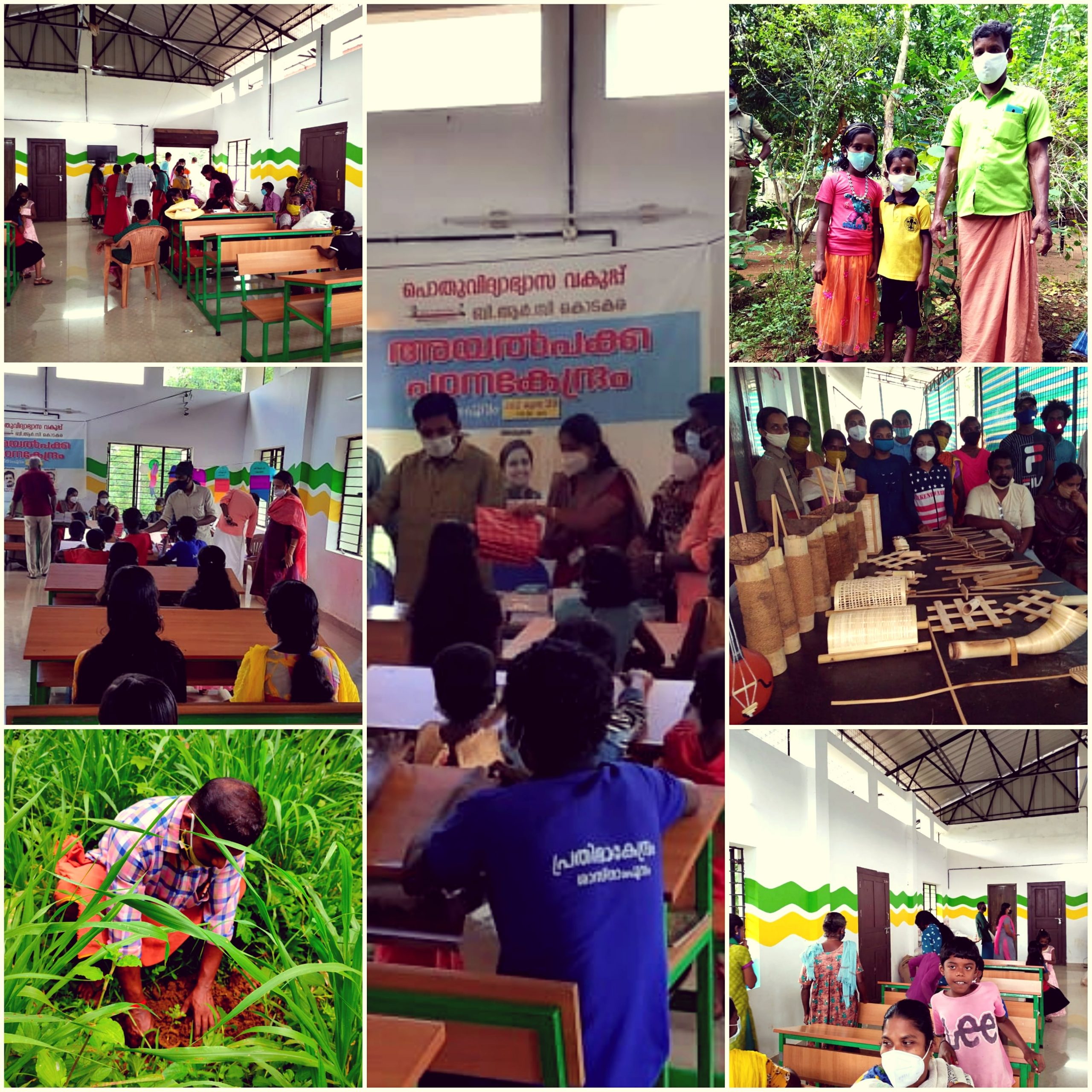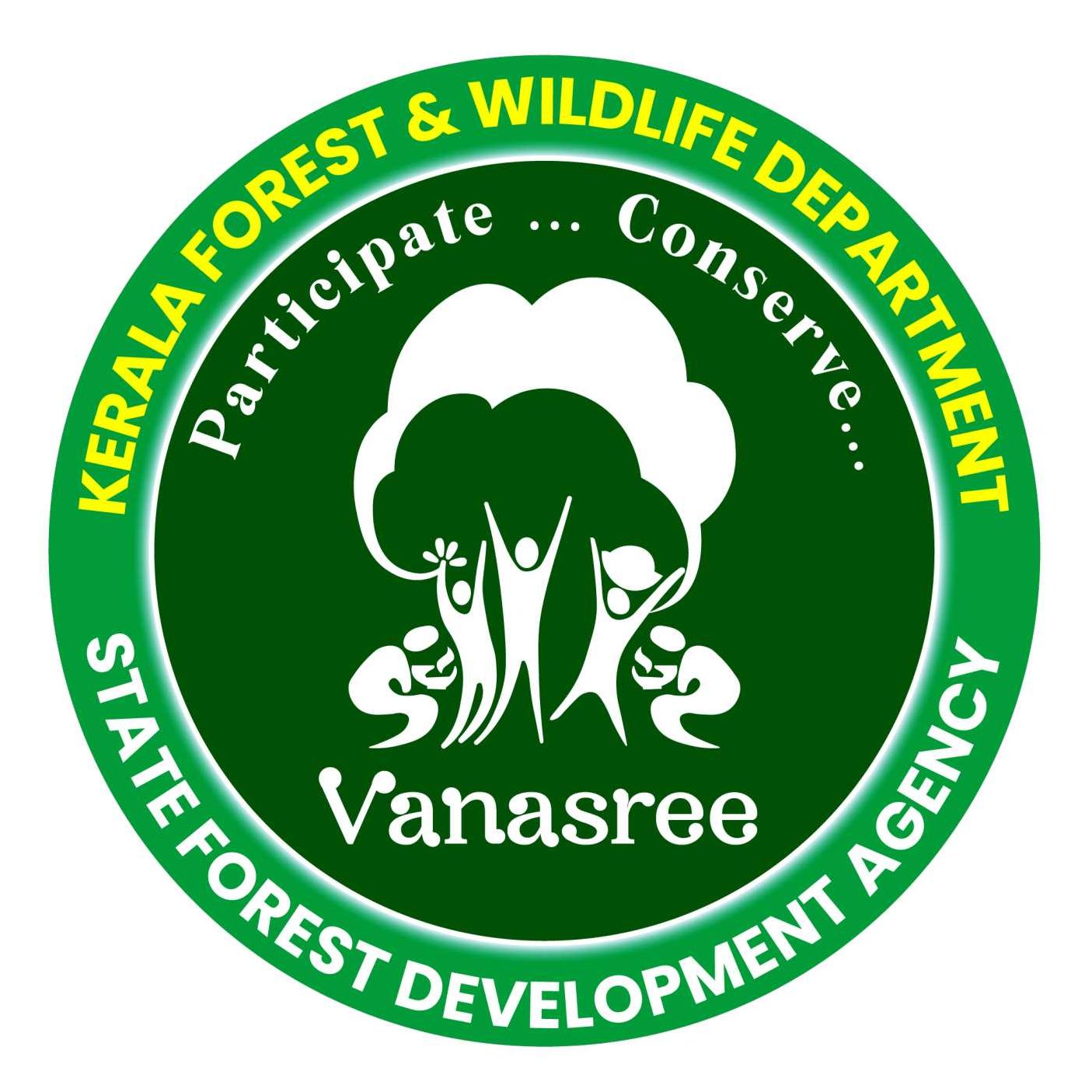
Malayan and Kadar are the two forest-dependent tribal communities found in Chalakudy that are involved in the collection and processing of Non-timber Forest Products (NTFPs). Kadar is a primitive tribal group who are traditionally exorcists, spirit dancers, and mendicants. There are 11 settlements (colonies) of Kadar and Malayan tribal communities organized into 13 VSS under the jurisdiction of the Chalakudy Forest Division. Both tribal communities are engaged in the collection of various NTFPs.
The Indigenous People of Chalakudy: Kadar and Malayan Communities
The lush forests of Chalakudy are home to two distinct tribal communities – the Kadar and the Malayan. These indigenous groups have thrived for generations in this verdant ecosystem, their lives deeply intertwined with the rhythm of the forest.
Both Kadar and Malayan communities are intimately connected to the forest. They rely on Non-Timber Forest Products (NTFPs) like honey, medicinal herbs, bamboo shoots, and various fruits and leaves for their sustenance and income. Their traditional knowledge of sustainable harvesting practices ensures the long-term health of the forest, making them vital stewards of this precious ecosystem.
The Kadar tribe, classified as a Particularly Vulnerable Tribal Group (PVTG), has a rich cultural heritage. While their traditional roles as exorcists, spirit dancers, and mendicants may not be as prevalent today, understanding their context is crucial. These practices likely held deep spiritual significance and served specific purposes within their community. The Malayan tribe also possesses a distinct cultural identity, expressed through their language, art forms, and social structures.
The 13 VSS (Vana Samrakshana Samithis) committees play a vital role in supporting the Kadar and Malayan communities. These committees function as a bridge between the tribes and the forest department. They manage NTFP collection, resolve disputes, and have a role in community decision-making.
